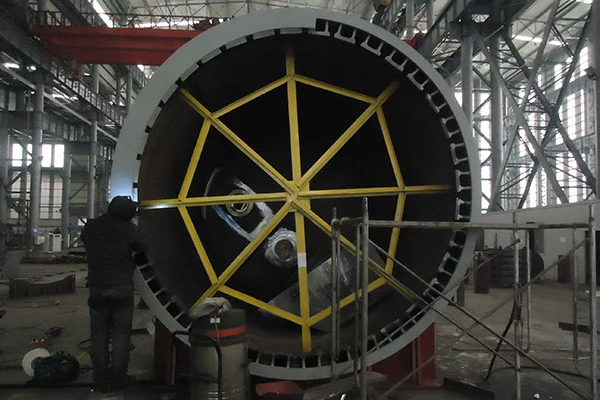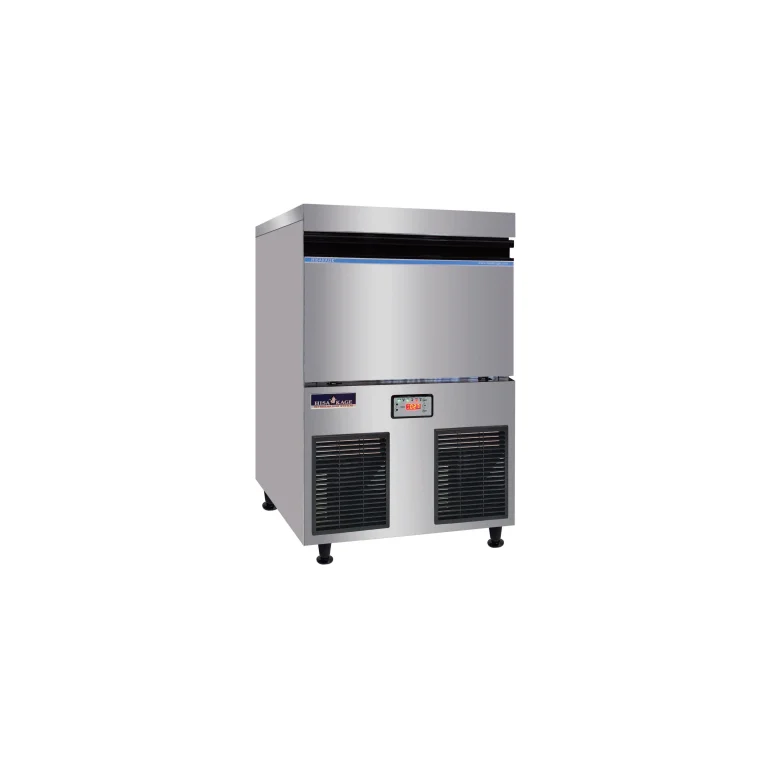
In the realm of business profitability, EBITDA margin stands as a crucial metric that showcases a company's operational efficiency and financial health. EBITDA, which stands for Earnings Before Interest, Taxes, Depreciation, and Amortization, is a key indicator of a company's ability to generate profits from its core operations. A high EBITDA margin signifies that a business is effectively managing its costs and maximizing its revenue streams. So, which industries tend to boast high EBITDA margins? Let's delve into the realms of business landscapes to uncover the sectors that excel in this aspect.
- Technology Sector:
The technology industry is renowned for its high EBITDA margins due to its innovative nature and scalability. Tech companies often benefit from high-profit margins driven by intellectual property, software services, and recurring revenue models. Companies specializing in software development, cloud computing, and SaaS (Software as a Service) typically exhibit robust EBITDA margins, as their products have low marginal costs once developed. - Healthcare and Pharmaceuticals:
The healthcare and pharmaceutical sectors are characterized by high research and development costs but also by substantial profit margins. Pharmaceutical companies, in particular, benefit from patent protection on their drugs, allowing them to command premium prices and generate significant profits. Additionally, healthcare providers with efficient operations and strong pricing power can achieve high EBITDA margins. - Financial Services:
Financial institutions such as banks, asset managers, and insurance companies often report high EBITDA margins due to their fee-based revenue models and economies of scale. These businesses benefit from recurring revenue streams, diversified product offerings, and the ability to leverage technology to streamline operations. Strong risk management practices also contribute to the profitability of financial services firms. - Energy and Utilities:
The energy and utilities sector, including oil and gas companies, renewable energy firms, and utility providers, can exhibit high EBITDA margins driven by stable demand, long-term contracts, and strategic cost management. Energy companies with efficient production processes and diversified revenue streams tend to have resilient profitability metrics. - Consumer Goods and Luxury Brands:
Certain consumer goods companies, especially those in the luxury segment, maintain high EBITDA margins by leveraging brand equity, premium pricing strategies, and efficient supply chain management. Luxury brands, in particular, benefit from strong consumer loyalty and the ability to maintain pricing power even during economic downturns.
In conclusion, industries with high EBITDA margins typically possess characteristics such as strong brand equity, technological innovation, efficient cost structures, and recurring revenue streams. By focusing on operational excellence, strategic pricing, and sustainable growth strategies, businesses across these sectors can enhance their profitability and create long-term value for stakeholders.




